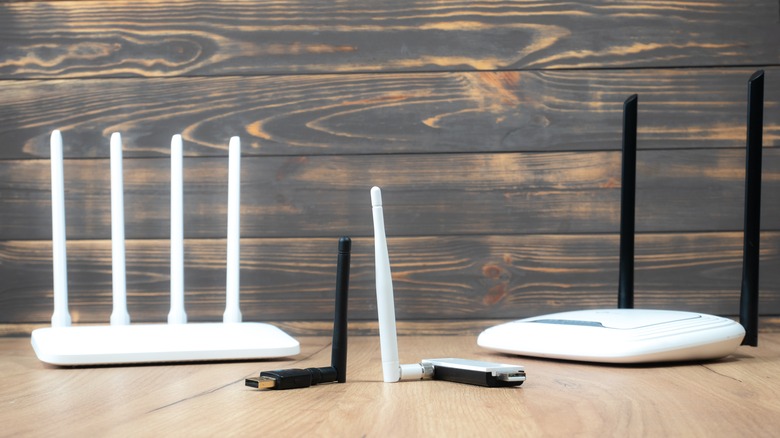How Often Should You Replace Your Wi-Fi Router?
The internet acts like a kingdom that houses all the knowledge of the world, and routers are like the keys used to enter it. Depending on your budget and needs, there are several major wireless routers brands that you can choose from, such as TP-Link, ASUS, Netgear, or Linksys. But, regardless of what router brand you own, there's always a possibility that it will have some problems.
When your router isn't working the way it should, there are dozens of potential reasons that could be causing it. At first glance, you may suspect that it is due to any of the myriad of cables hooked to it, or even issues with your service provider. However, there are other less common issues that could be at play. For example, the best place to put your router will depend on how many floors in your surroundings, as well as the materials used and other electronics that may be causing interference. Not to mention, even the direction of your router's antennas can affect its signal.
But, one router-related issue that can drastically affect its efficiency is its age. Companies eventually stop updating the firmware of their older routers models, which could leave it with security vulnerabilities. Because routers are connected to all the devices in your home, one security breach could spell disaster. But, how do you know if yours needs to be replaced or upgraded?
How old is too old for a Wi-Fi router
Depending on the manufacturer, the recommended period for router upgrades will vary. For example, Linksys recommends swapping out to a newer router every two years, while CenturyLink mentions you can actually go up to five years. However, it's important to note that how you use it and the number of devices using it can also make a difference.
One of the most straightforward ways to know if your router is due for a change is by checking if its firmware is still receiving updates. To do this, check the manufacturer's website to see update the history. Although, it's important to note that you may need to replace your router sooner, especially in the case of physical damage, internet service plan upgrades, or if you're experiencing frequent connection issues or drops.
Additionally, the router itself may still be okay, but the routers antennas may be in need of replacement. By replacing your antennas with better quality or higher gain ones, you can also hope to experience better signal, as well as more stable download speeds. If you are looking to upgrade into a new and improved router, you can check out our ranking of best Wi-Fi routers in the market today. But, if you want an extra peace of mind, you can also explore using Wi-Fi extenders and powerline kits that can help improve your connection, especially if your home or office is prone to dead spots.
How router technology has changed throughout the years
With how fast router technology has been developing, you may want to replace your router sooner than expected for a variety of reasons, like getting the most out of your faster internet plans or recently upgraded networks. If you've been consistently getting slower speeds compared to what your provider promised, it might be due a router that can't keep up.
In its latest generation/IEEE Standard that was released in 2019, Intel shares that Wi-Fi 6 can reach speeds of 9.6 Gbps, which is more than double its predecessor (3.5 Gbps). In 2024, Wi-Fi 7 is already on the way to becoming mainstream with significantly higher throughput, plus lower latency and power consumption.
But speed aside, newer routers also offer the most advanced security protocols that anyone can benefit from. If you've been using the same router since 2018, you may be missing out on the WPA3 standard, which can help safeguard your home, office, or public network from a host of possible cybersecurity concerns, such as man-in-the middle attacks.


